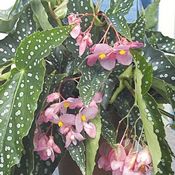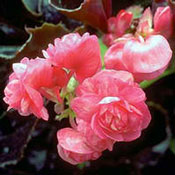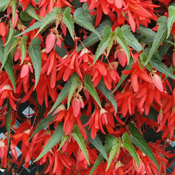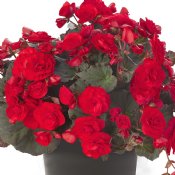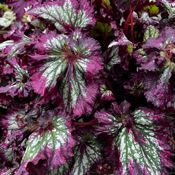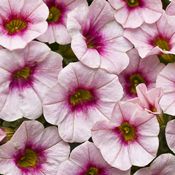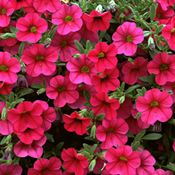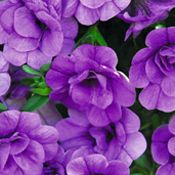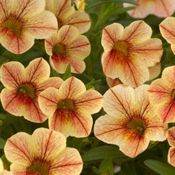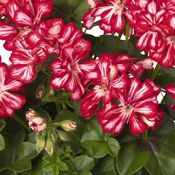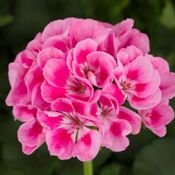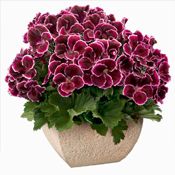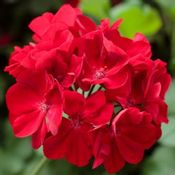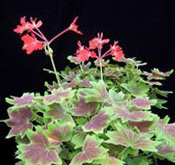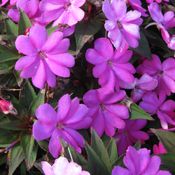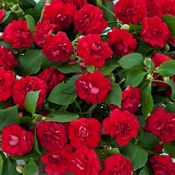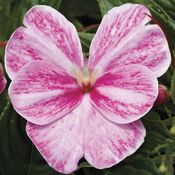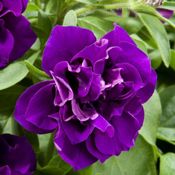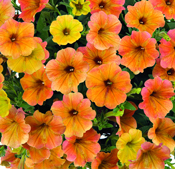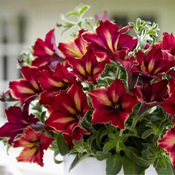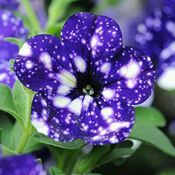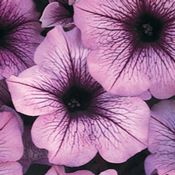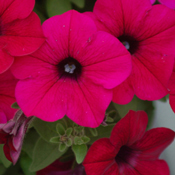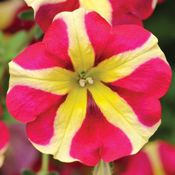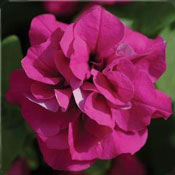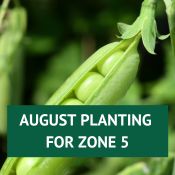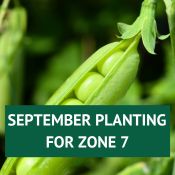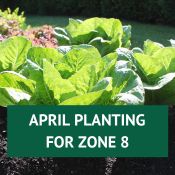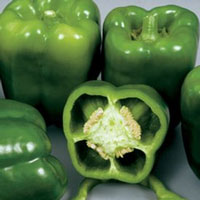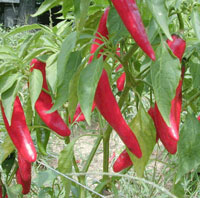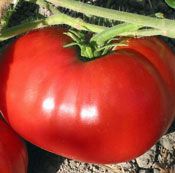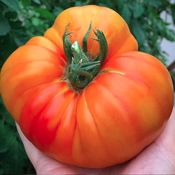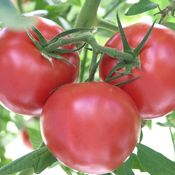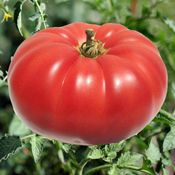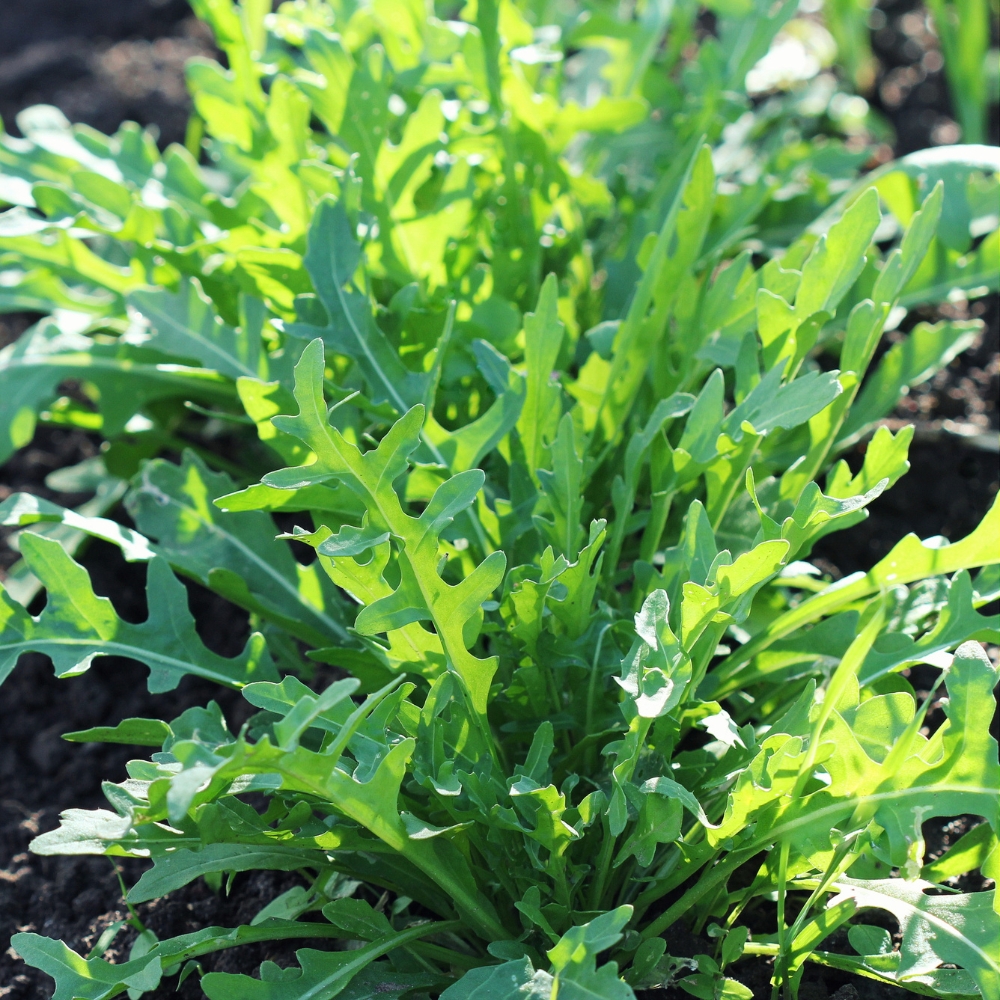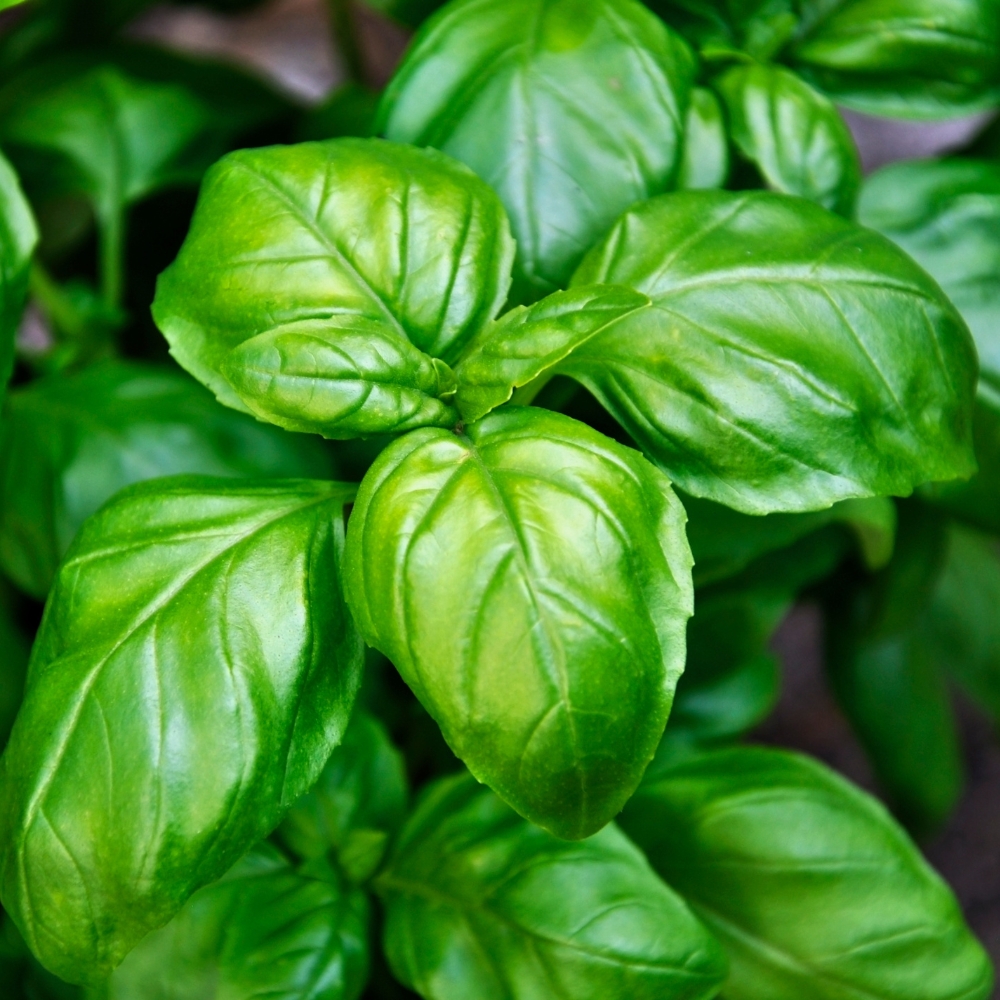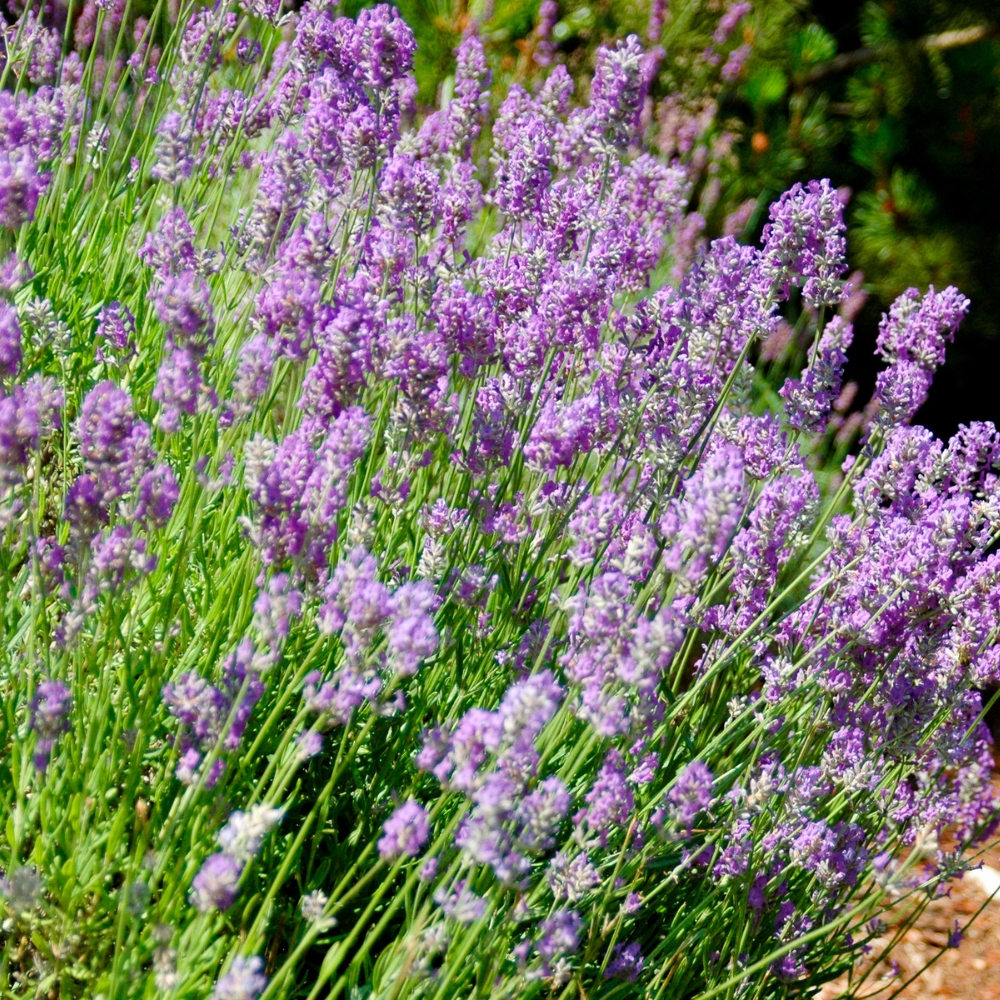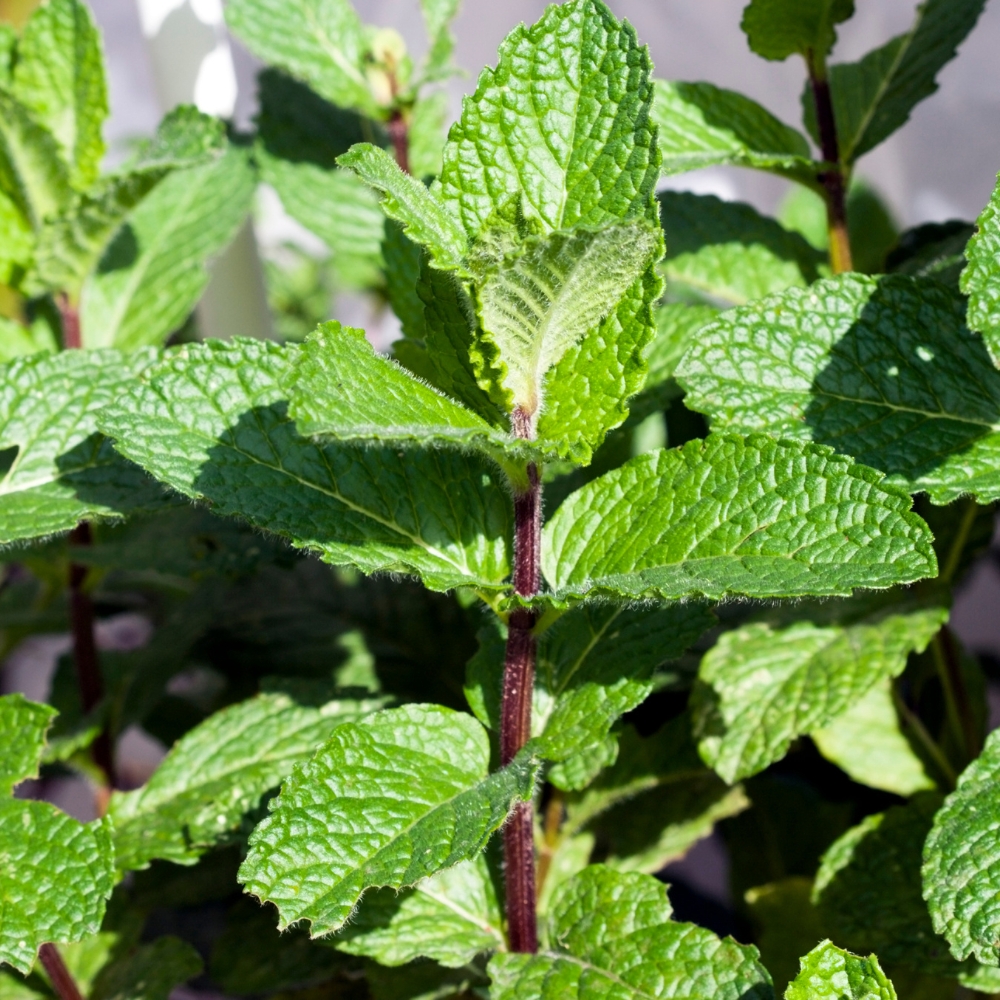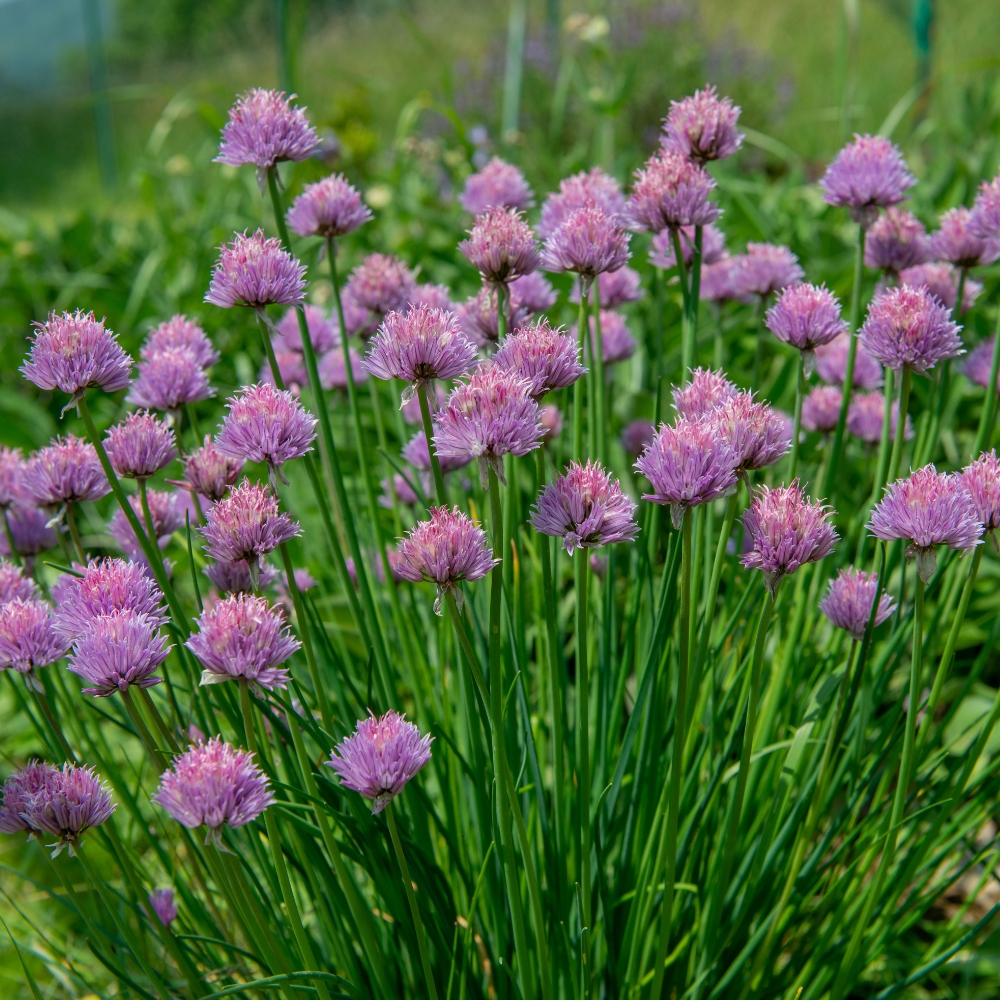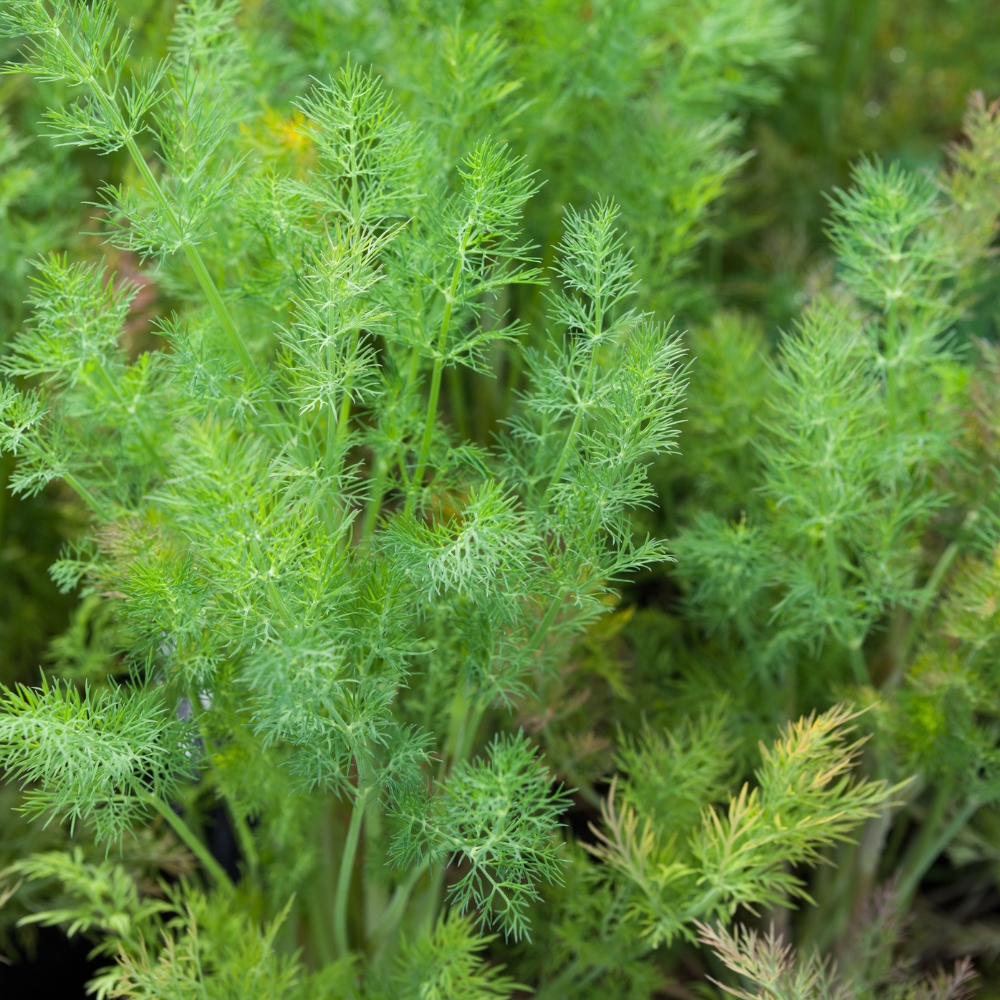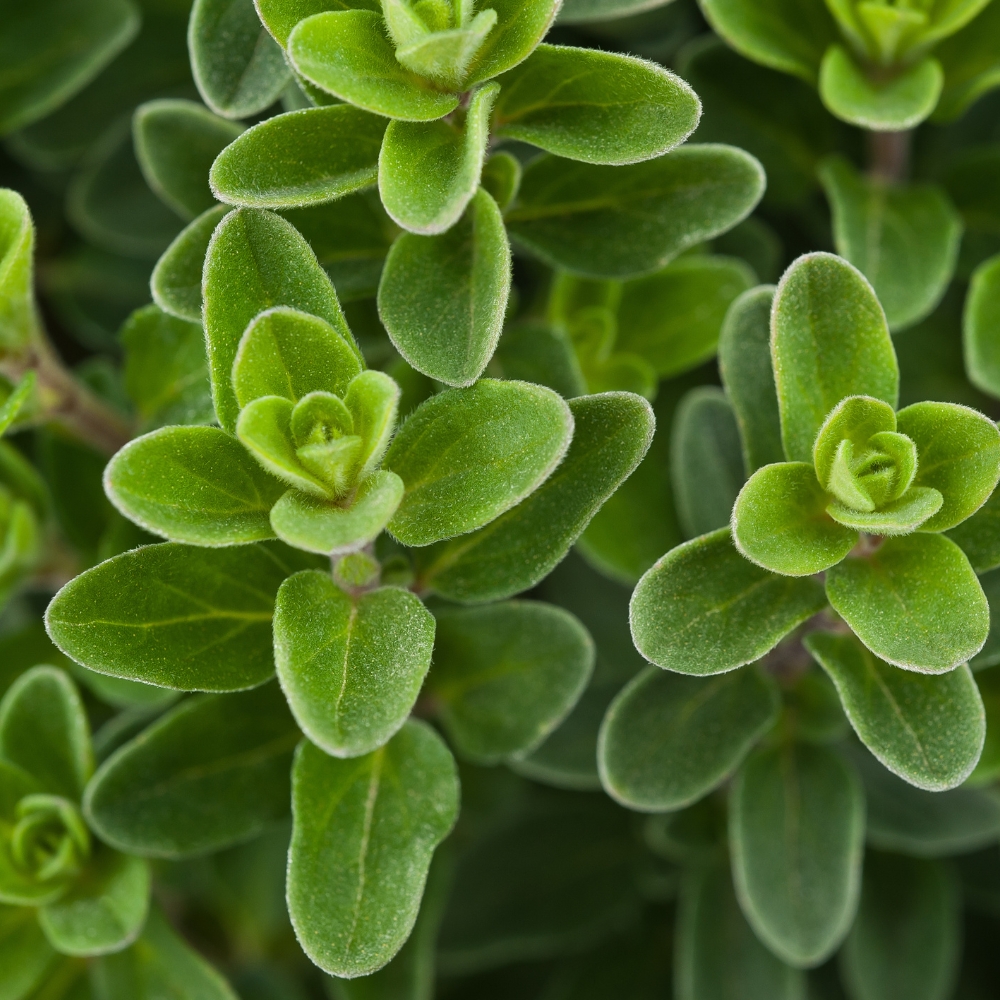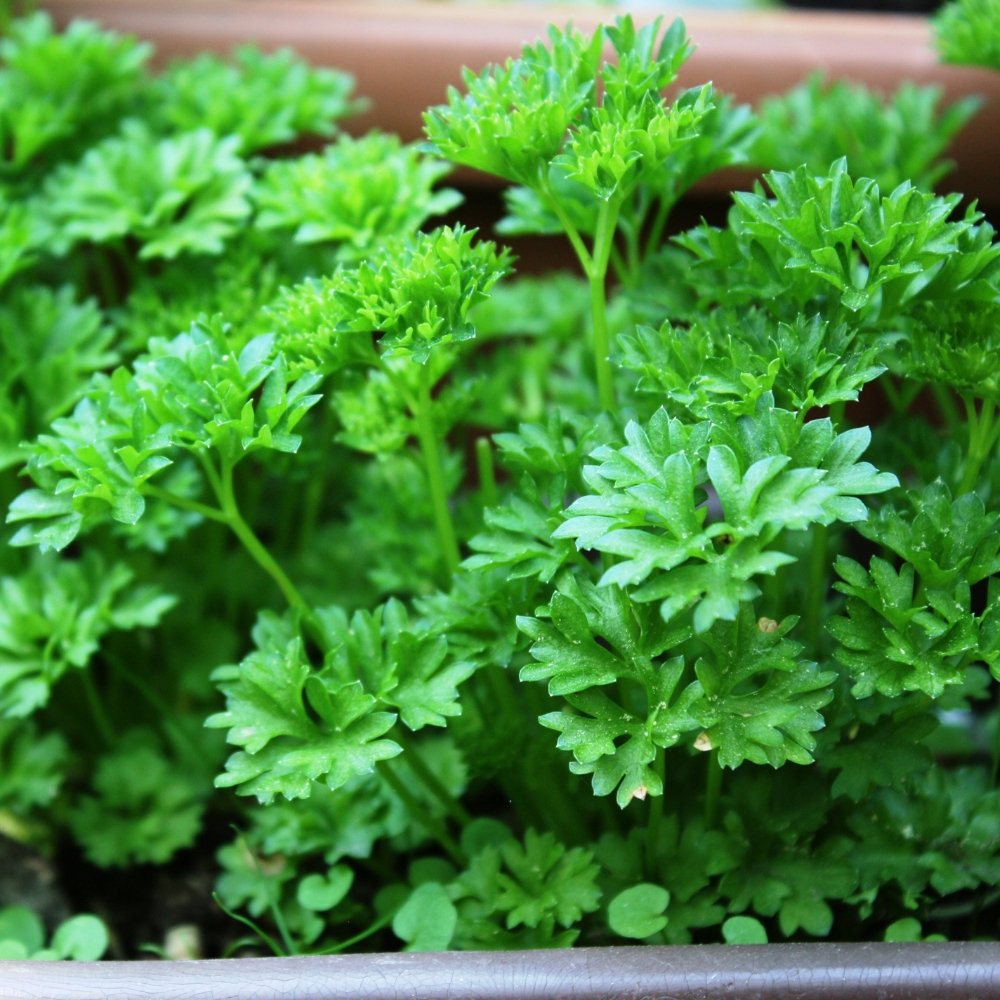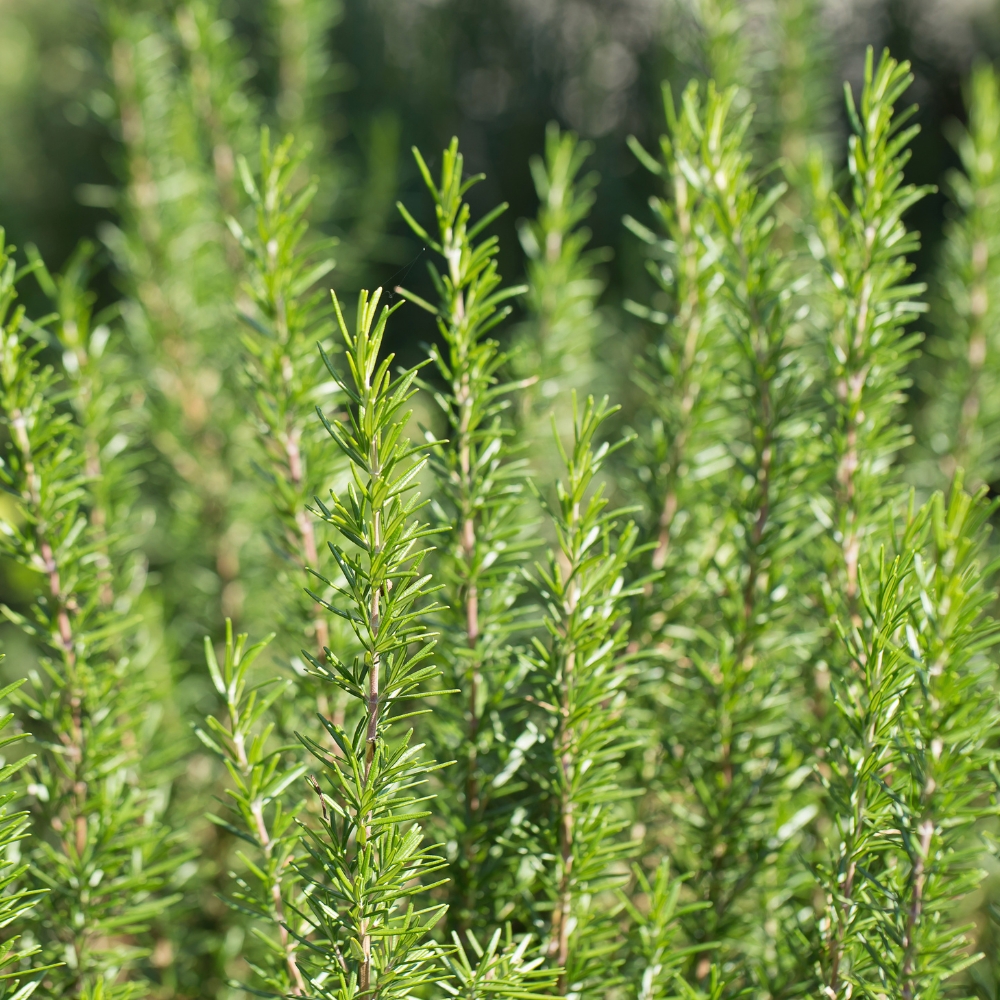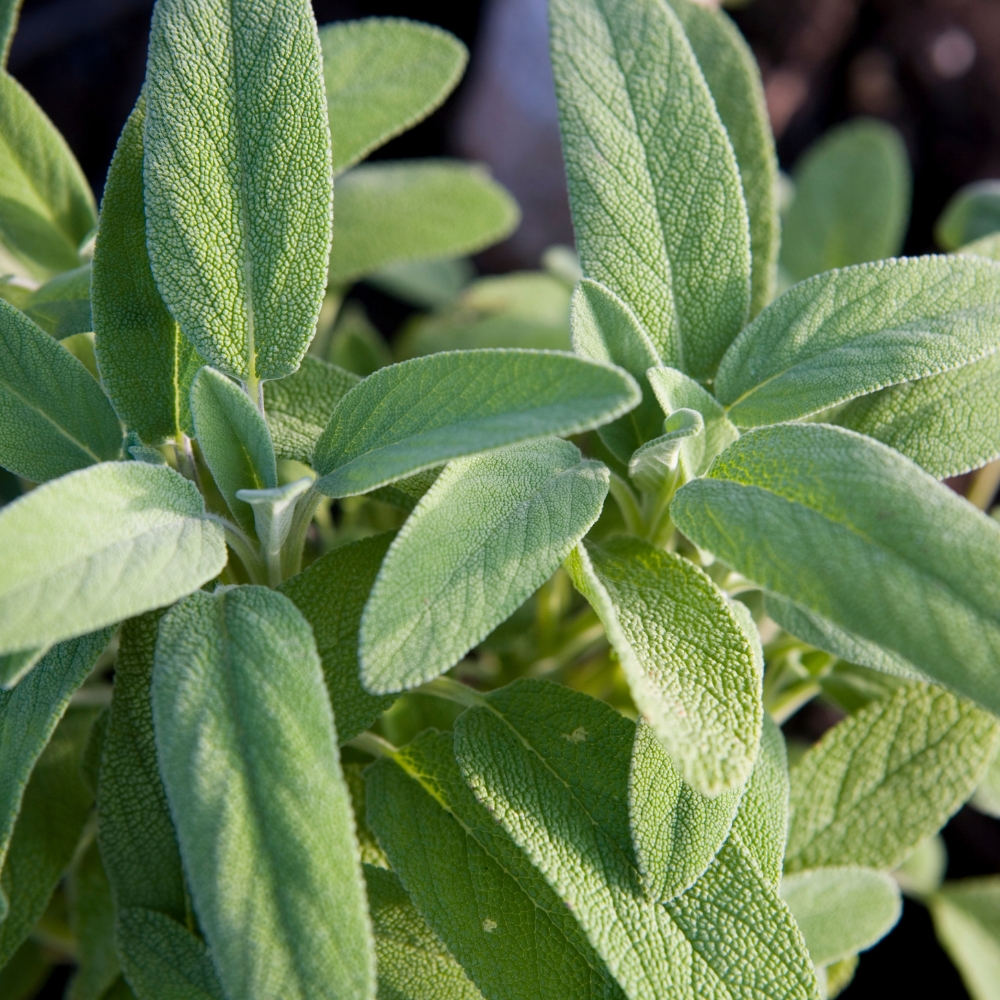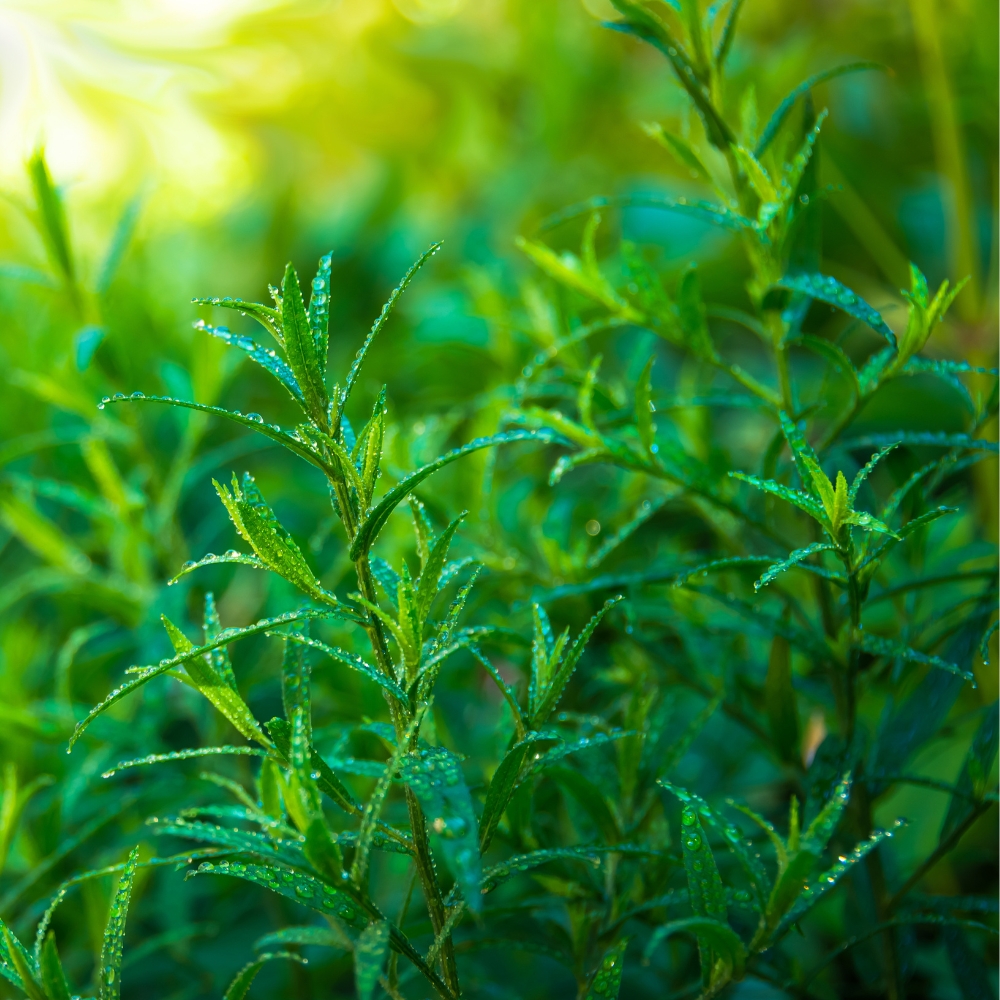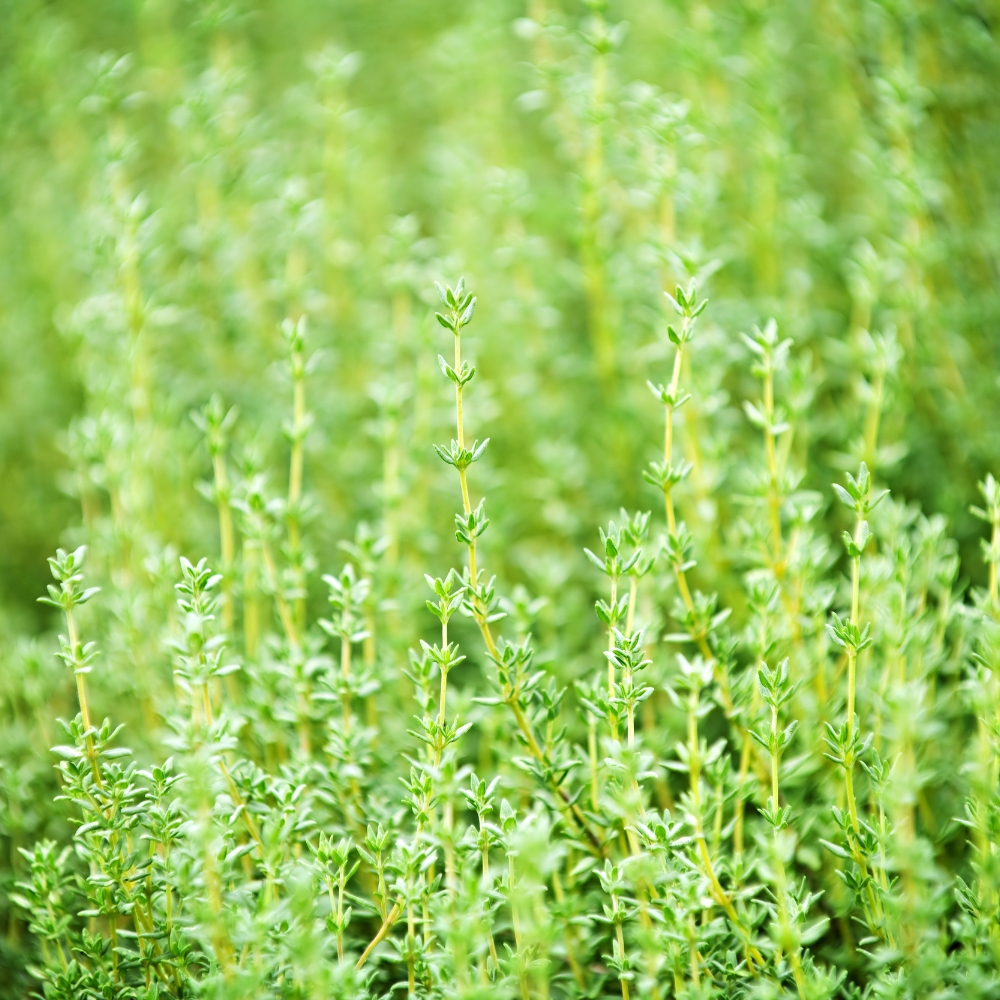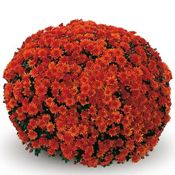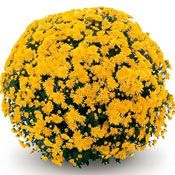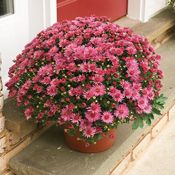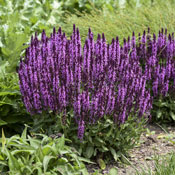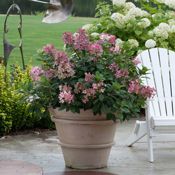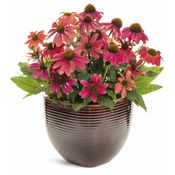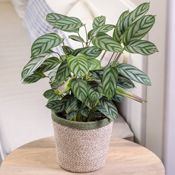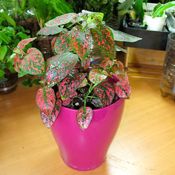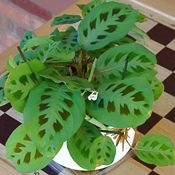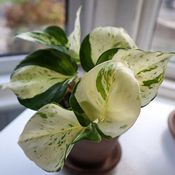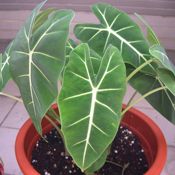All Mum Plants are 25% Off Today!
-
Shop Plants
-
Annual Plants
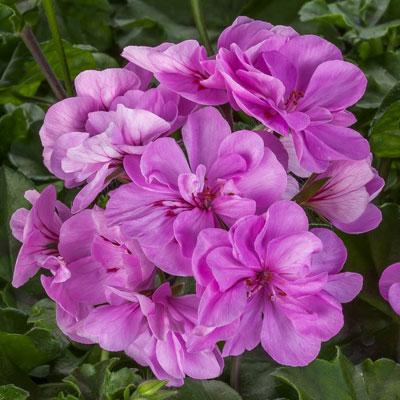
-
Top Trending Annuals
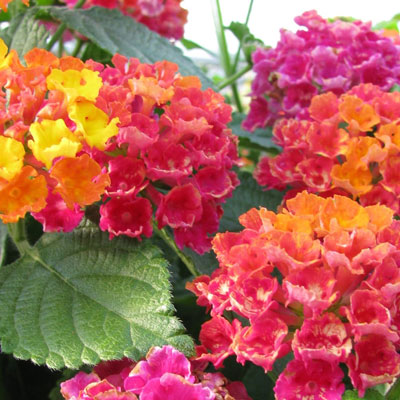
-
New Annual Flowers
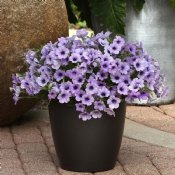
-
Heat Tolerant Annual Plants

-
Annual Plants for Planters

-
Part Sun Annual Plants

-
Part Shade Annual Plants

-
Alternanthera Plants (Joseph's Coat)

-
Asparagus Fern Plants (Foxtail Fern)

-
Bacopa Plants

-
Begonia Plants

-
Bidens Plants (Spanish Needles)

-
Bougainvillea Plants (Paperflower)

-
Calibrachoa Plants
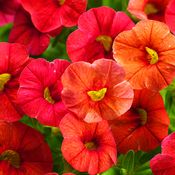
-
Coleus Plants

-
Cleome Plants (Spider Flower)

-
Cuphea Plants
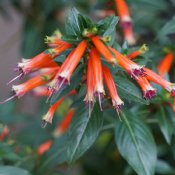
-
Diascia Plants (Twinspur)

-
Dichondra Plants

-
Dracaena Plants (Spike Plant)

-
Fuchsia Plants
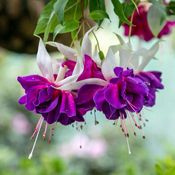
-
Geranium Plants
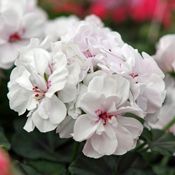
-
Gomphrena Plants (Globe Amaranth)

-
Heliotrope Plants

-
Impatiens Plants
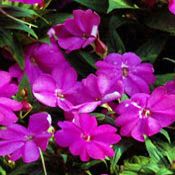
-
Ipomoea Plants (Sweet Potato Vine)

-
Lantana Plants
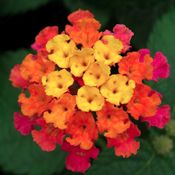
-
Lobularia Plants (Sweet Alyssum)

-
Lophospermum Plants (Creeping Gloxinia)

-
Ornamental Euphorbia Plants (Baby's Breath)

-
Osteospermum Plants (African Daisy)

-
Petunia Plants
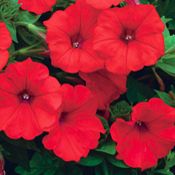
-
Petchoa Plants

-
Strobilanthes Plants

-
Verbena Plants

-
Deer Resistant Annual Plants

-
Purple Flowering Annual Plants

-
Red Flowering Annual Plants

-
White Flowering Annual Plants

-
Yellow Flowering Annual Plants

-
Annual Flowers for Fall Color

-
Abutilon Plants (Flowering Maple)

-
Alocasia Plants (Elephant Ear)

-
Amaranthus Plants (Tassel Flower)

-
Angelonia Plants (Summer Snapdragon)

-
Argyranthemum Plants (Marguerite Daisy)

-
Cajun Hibiscus Plants (Tropical Hibiscus)

-
Cordyline Plants (Cabbage Tree)

-
Caladium Plants

-
Canna Plants (Canna Lily)

-
Cassia Plants (African Senna)

-
Catharanthus Plants (Annual Vinca)

-
Celosia Plants (Cockscomb)

-
Colocasia Plants

-
Dahlia Plants

-
Dusty Miller Plants (Silver Ragwort)

-
Dutchman's Pipe Plants (Pelican Flower)

-
Fern Plants

-
Gerbera Plants (Transvaal Daisy)

-
Hypoestes Plants (Polka Dot Plant)

-
Lobelia Plants

-
Lotus Vine Plants (Parrot's Beak)

-
Mandevilla Plants (Rocktrumpet)

-
Manettia Plants (Candy Corn Vine)

-
Marigold Plants

-
Nemesia Plants (Cape Snapdragon)

-
Ornamental Cabbage Plants

-
Ornamental Kale Plants

-
Ornamental Pepper Plants

-
Pansy Plants (Viola)

-
Pentas Plants (Egyptian Stars)

-
Pericallis Plants (Cineraria)

-
Plectranthus Plants (Swedish Ivy)

-
Pseuderanthemum Plants (False Eranthemum)

-
Scaevola Plants (Fan Flower)

-
Senecio Plants (Sea Cabbage)

-
Setcreasea Plants (Wandering Jew)

-
Snapdragon Plants

-
Sunflower Plants

-
Sweet Peas Plants (Lathyrus odoratus)

-
Tecoma Plants (Trumpet Bush)

-
Thunbergia Plants (Black Eyed Susan Vine)

-
Torenia Plants (Wishbone Flower)

-
Vinca Vine Plants (Periwinkle)

-
Zinnia Plants

-
Annual Bulbs
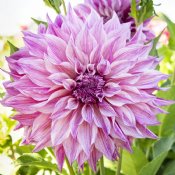

-
Top Trending Annuals
-
Vegetable Plants
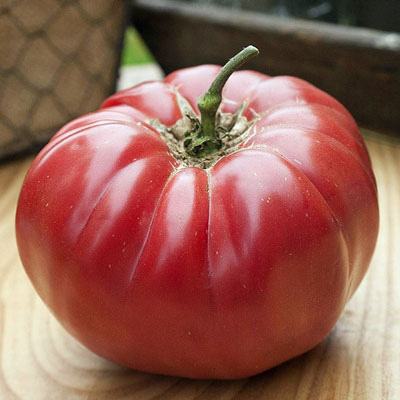
-
Top Trending Vegetable Plants
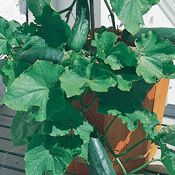
-
Vegetable Plants by Planting Zone
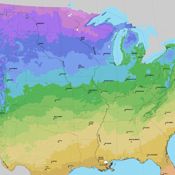
-
Amaranth Plants

-
Asparagus Plants

-
Bean Plants

-
Beet Plants

-
Broccoli Plants

-
Brussels Sprouts Plants

-
Cabbage Plants

-
Cantaloupe Plants

-
Carrot Plants

-
Cauliflower Plants

-
Celery Plants

-
Collard Greens Plants

-
Cucumber Plants
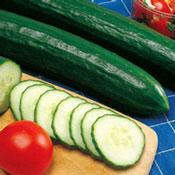
-
Eggplant Plants

-
Kale Plants

-
Lettuce Plants

-
Okra Plants

-
Pea Plants

-
Pepper Plants

-
Pumpkin Plants

-
Radish Plants

-
Rhubarb Plants

-
Spinach Plants

-
Squash Plants

-
Strawberry Plants

-
Sweet Corn Plants

-
Tomato Plants

-
Watermelon Plants

-
Garlic

-
Gourd Plants

-
Kohlrabi Plants

-
Onion Plants

-
Potato Plants

-
Sweet Potato Plants

-
Swiss Chard Plants

-
Turnip Plants

-
Cole Crop Plants

-
Easy Grow Vegetable Plants

-
Indoor Vegetable Plants

-
Vegetable Plants by Days to Harvest

-
Heirloom Vegetables
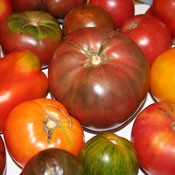

-
Top Trending Vegetable Plants
-
Perennial Plants
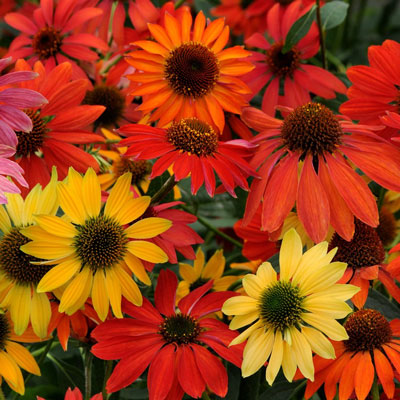
-
Top Trending Perennial Plants
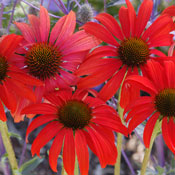
-
Perennial Bulbs
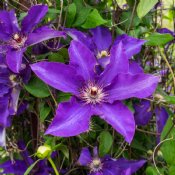
-
Achillea Plants (Yarrow)

-
Agastache Plants (Hummingbird Mint)

-
Alcea Plants (Hollyhock)

-
Aquilegia Plants (Columbine)

-
Artemisia Plants (Wormwood)

-
Asclepias Plants (Milkweed)

-
Aster Plants
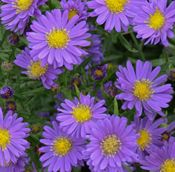
-
Astilbe Plants (False Spirea)

-
Baptisia Plants (False Indigo)

-
Bleeding Heart Plants
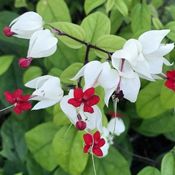
-
Centaurea Plants (Cornflower)

-
Cestrum Plants (Orange Peel)

-
Coreopsis Plants (Tickseed)

-
Clematis Plants (Leather Flower)

-
Delphinium Plants (Larkspur)

-
Dianthus Plants (Pinks)

-
Digitalis Plants (Foxglove)

-
Echinacea Plants (Coneflower)

-
Eryngium Plants (Sea Holly)

-
Eupatorium Plants (Joe-Pye Weed)

-
Gaillardia Plants (Blanket Flower)

-
Gaura Plants (Beeblossom)

-
Hardy Geranium Plants (Cranesbill)

-
Hardy Hibiscus Plants (Rose Mallow)

-
Heliopsis Plants (False Sunflower)

-
Hemerocallis Plants (Daylily)

-
Heuchera Plants (Coral Bells)

-
Hosta Plants (Plantain Lily)

-
Iris Plants

-
Kniphofia Plants (Red Hot Poker)

-
Lamium Plants (Deadnettle)

-
Leucanthemum Plants (Shasta Daisy)

-
Liatris Plants (Blazing Star)

-
Lily Plants

-
Lupine Plants (Lupin)

-
Monarda Plants (Bee Balm)

-
Nepeta Plants (Catmint)

-
Ornamental Grasses
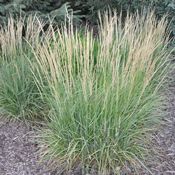
-
Papaver Plants (Iceland Poppy)

-
Penstemon Plants (Beardtongue)

-
Passiflora Plants (Passion Flower)

-
Peony Plants
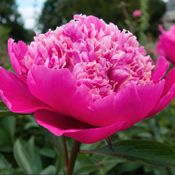
-
Perovskia Plants (Russian Sage)

-
Phlox Plants

-
Platycodon Plants (Balloon Flower)

-
Rudbeckia Plants (Black Eyed Susan)

-
Salvia Plants (Sage)

-
Scabiosa Plants (Pincushion Flower)

-
Sedum Plants (Stonecrop)

-
Stachys Plants

-
Verbascum Plants (Wooly Mullein)

-
Veronica Plants (Speedwell)

-
Actaea Plants (Baneberry)

-
Ajuga Plants (Bugleweed)

-
Amsonia Plants (Blue Star)

-
Armeria Plants (Sea Thrift)

-
Bergenia Plants (Pigsqueak)

-
Brunnera Plants (Siberian Bugloss)

-
Campanula Plants (Bellflower)

-
Crocosmia Plants (Coppertips)

-
Dicliptera Plants (Hummingbird Plant)

-
Flame Vine Plants
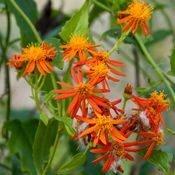
-
Geum Plants (Avens)

-
Hardy Fern Plants
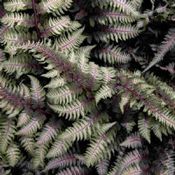
-
Helichrysum Plants (Licorice Plant)

-
Helleborus Plants (Lenten Roses)

-
Heucherella Plants (Foamy Bells)

-
Ivy Plants

-
Justicia Plants (Shrimp Plant)

-
Lamiastrum Plants (Yellow Archangel)

-
Peruvian Lily Plants (Lily of the Incas)

-
Polemonium Plants (Jacob's Ladder)

-
Primrose Plants (Primula vulgaris)

-
Ruellia Plants (Mexican Petunia)

-
Scutellaria Plants (Texas Skullcap)

-
Spigelia Plants (Indian Pink)

-
Tiarella Plants (Foam Flower)

-
Wisteria Plants
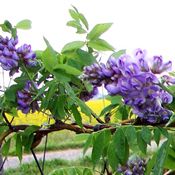
-
Spring Blooming Perennial Plants
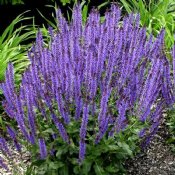
-
Summer Flowering Perennial Plants
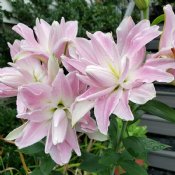
-
Part Sun Perennial Plants

-
Blue Flowering Perennial Plants

-
Orange Flowering Perennial Plants

-
Pink Flowering Perennial Plants
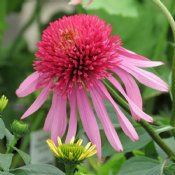
-
Purple Flowering Perennial Plants

-
Red Flowering Perennial Plants

-
White Flowering Perennial Plants

-
Yellow Flowering Perennial Plants

-
Fall Blooming Perennial Plants

-
Low Maintenance Perennial Plants

-
Part Shade Perennial Plants


-
Top Trending Perennial Plants
-
Herb Plants
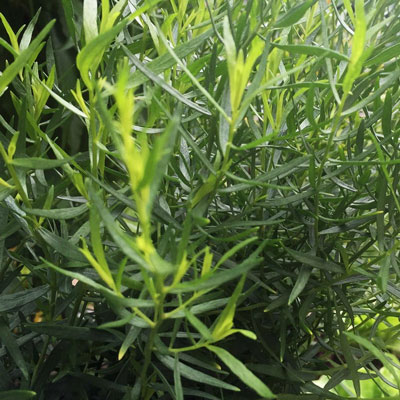
-
Bushes and Shrubs
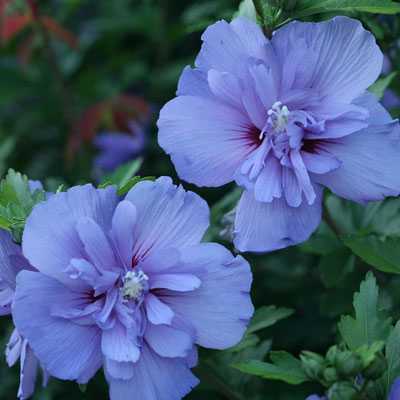
-
New Bushes and Shrubs

-
Top Trending Shrubs

-
Arborvitae Shrubs (Thuja)

-
Aronia Berry Plants (Chokeberry)

-
Buddleia Shrubs (Butterfly Bush)

-
Buxus Bushes (Boxwood)

-
Caryopteris Plants (Bluebeard)

-
Cephalanthus Bushes (Buttonbush)

-
Chaenomeles Plants (Flowering Quince)

-
Chamaecyparis Plants (False Cypress)

-
Coralberry Shrubs

-
Deutzia Plants

-
Dogwood Bushes (Red Twig)

-
Elderberry Shrubs (Sambucus)

-
Forsythia Shrubs (Golden Bell)

-
Goji Berry Plants (Wolfberry)

-
Honeyberry Plants (Haskap)

-
Hydrangea Bushes
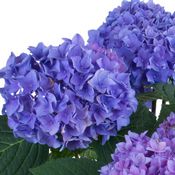
-
Inkberry Plants (Gallberry)

-
Itea Plants (Sweetspire)

-
Lagerstroemia Plants (Crape Myrtle)

-
Lilac Bushes (Syringa)

-
Lonicera Plants (Honeysuckle)

-
Physocarpus Plants (Ninebark)

-
Potentilla Shrubs (Cinquefoils)

-
Rhamnus Plants (Buckthorn)

-
Rhododendron Shrubs
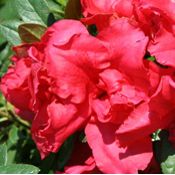
-
Rose of Sharon Plants (Hibiscus syriacus)

-
Shrub Rose Bushes
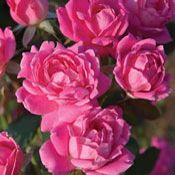
-
Spiraea Plants

-
Summersweet Bushes
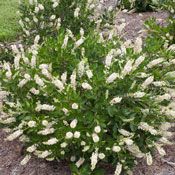
-
Viburnum Bushes

-
Weigela Plants
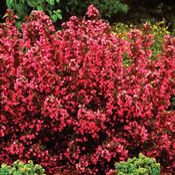
-
Winterberry Plants
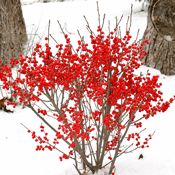
-
Yew Shrubs

-
Abelia Plants
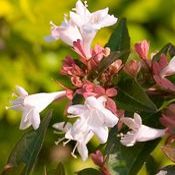
-
Acer Trees (Japanese Maple)

-
Aralia Plants
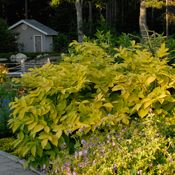
-
Barberry Bushes
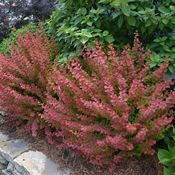
-
Calycanthus Plants (Sweetshrub)

-
Cercis Trees (Redbud)

-
Daphne Plants (Paradise Plant)

-
Esperanza Plants (Trumpet Flower)

-
Euonymus Shrubs (Burning Bush)

-
Exochorda Bushes (Pearl Bush)

-
Juniper Shrubs
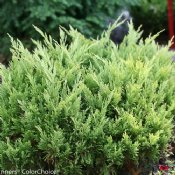
-
Magnolia Trees
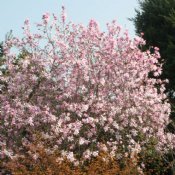
-
Porterweed Plants
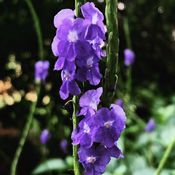
-
Plumbago Plants (Leadwort)

-
Phygelius Plants (Cape Fuchsia)

-
Shrubs for Small Gardens

-
Low Maintenance Shrubs

-
Deer Resistant Shrubs

-
Part Sun Shrubs

-
Spring Flowering Shrubs

-
Pink Flowering Shrubs

-
Purple Flowering Shrubs

-
White Flowering Shrubs

-
Yellow Flowering Shrubs

-
Flowering Shrubs for Full Sun

-
Evergreen Shrubs


-
New Bushes and Shrubs
-
Flower Combos
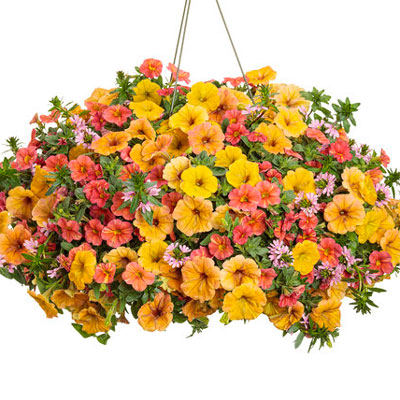
-
Mum Plants
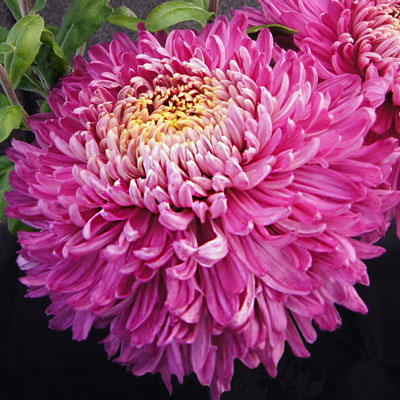
-
Proven Winners
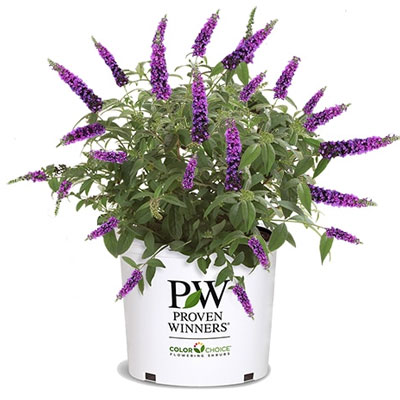
-
Suntory Flowers

-
Houseplants
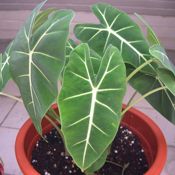
-
Succulent Plants

-
Flower Bulbs
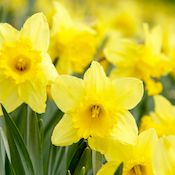
-
Gift Certificates

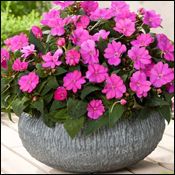
-
Annual Plants
- Garden Solutions
- Plants By Style
- Plants From A-Z
- Best Sellers
- Sale
- Contact
- About Us
- My account
- Home /
- Shop Plants /
- Perennial Plants /
- Dianthus Plants (Pinks) /
- Scent First™ Tickled Pink Dianthus Plant
Our Company
Customer service

© 2024 GrowJoy™. All rights are reserved. | Conditions of Use | Privacy Statement
Where Are You Shipping To?
State:
Zip Code:

